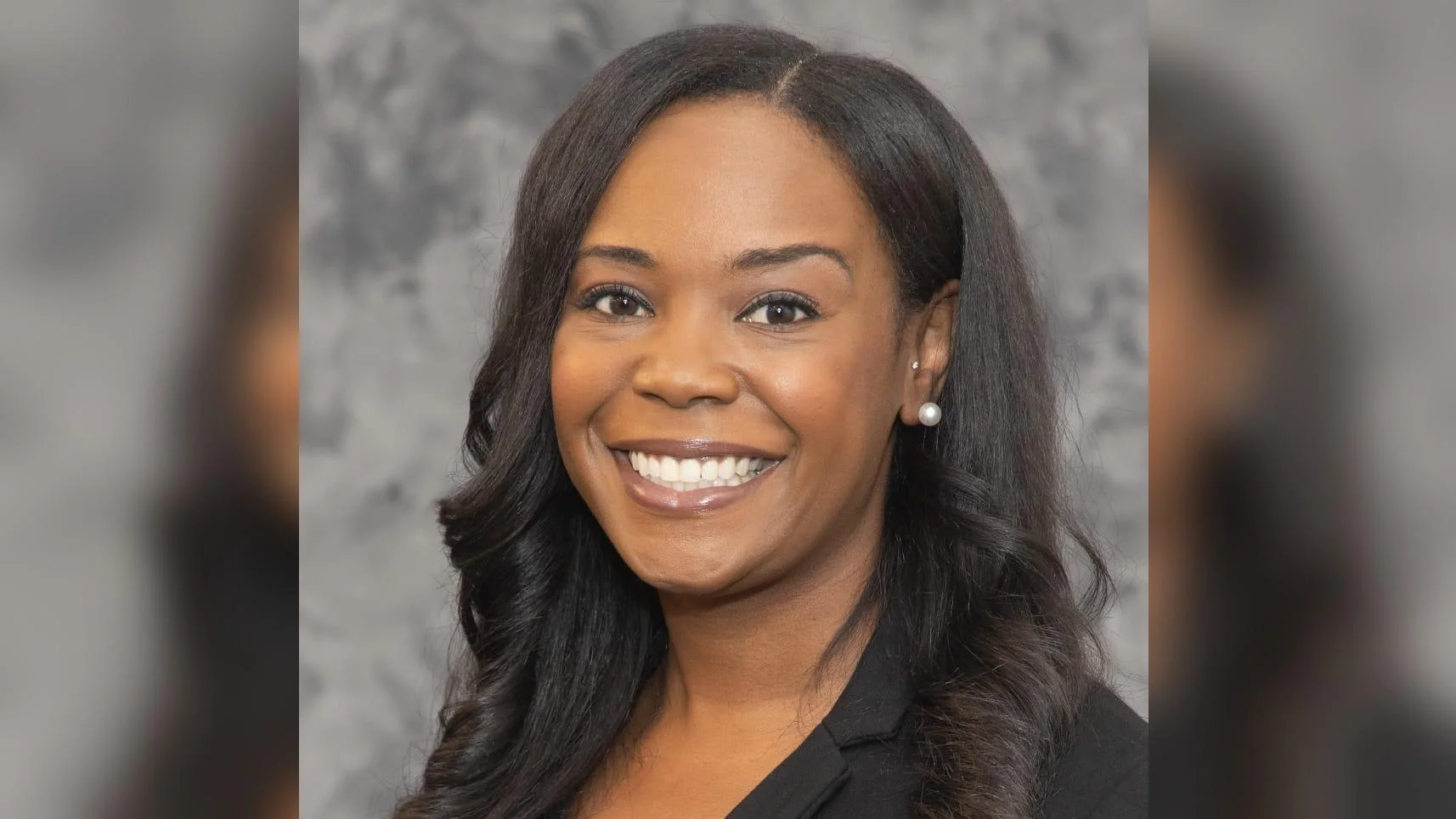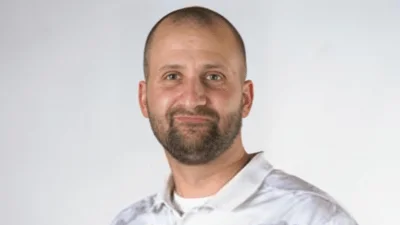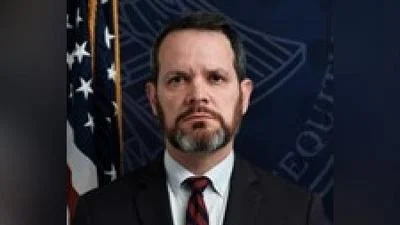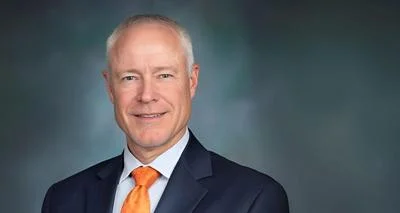Chardaé Burton Director of Legislative Affairs | Michigan Department of Health & Human Services Website
Chardaé Burton Director of Legislative Affairs | Michigan Department of Health & Human Services Website
The Michigan Department of Health and Human Services (MDHHS) has been awarded over $1.3 million from the U.S. Department of Justice to support juvenile justice reform efforts aimed at reducing racial disparities and keeping youth within their communities. This funding comes from the Office of Juvenile Justice Delinquency Prevention (OJJDP) and marks the second grant MDHHS has received for these initiatives, following an $825,000 award in February.
"Michigan is dedicated to transforming juvenile justice policies and practices that align with community-level, evidence-based programming to help strengthen youth and family relationships," stated MDHHS Director Elizabeth Hertel. She emphasized that this initiative will provide a sustainable framework for connecting youth and families to services that are evidence-based or culturally relevant.
Despite a significant decline in national youth incarceration rates from 1995 to 2019, issues persist, particularly affecting Black and Native American youth. To address these disparities, MDHHS will collaborate with the Michigan Center of Youth Justice and other partners to enhance local community-based providers' capacity.
MDHHS plans to host listening tours for feedback from justice-served youth and their families about their experiences with existing services. They will also conduct focus groups for insights on community-based programs' effectiveness and develop strategies using data-driven decision-making tools for equitable outcomes. Training programs on best practices, trauma-informed care, cultural competence, and quality assurance will be implemented for local courts and multidisciplinary teams.
"Youth and family voices will play a crucial role in determining the data to be collected," said Demetrius Starling, senior deputy director for MDHHS’ Children’s Services Administration. "This ensures efforts are grounded in the real-life experiences and needs of those directly impacted by the juvenile justice system."
Jason Smith, executive director of the Michigan Center for Youth Justice, expressed pride in partnering with MDHHS: "This grant allows local jurisdictions to expand community-based services that keep youth connected to their families while addressing inequities in the juvenile justice system."
In June 2021, Governor Whitmer signed Executive Order 2021-06 establishing the Task Force on Juvenile Justice Reform. The Task Force conducted a data-driven analysis of Michigan's juvenile justice system leading to several key initiatives:
Governor Whitmer issued Executive Order 2022-14 creating the Juvenile Residential Facilities Advisory Committee (RAC), supporting MDHHS reform efforts statewide. Additionally, MDHHS increased the Child Care Fund reimbursement rate from 50% to 75% for community-based supervision/services aimed at developing alternatives to detention facilities.
MDHHS also established a Division of Juvenile Justice Reform dedicated solely to addressing issues identified within the juvenile justice system by implementing recommendations from the Task Force.






 Alerts Sign-up
Alerts Sign-up